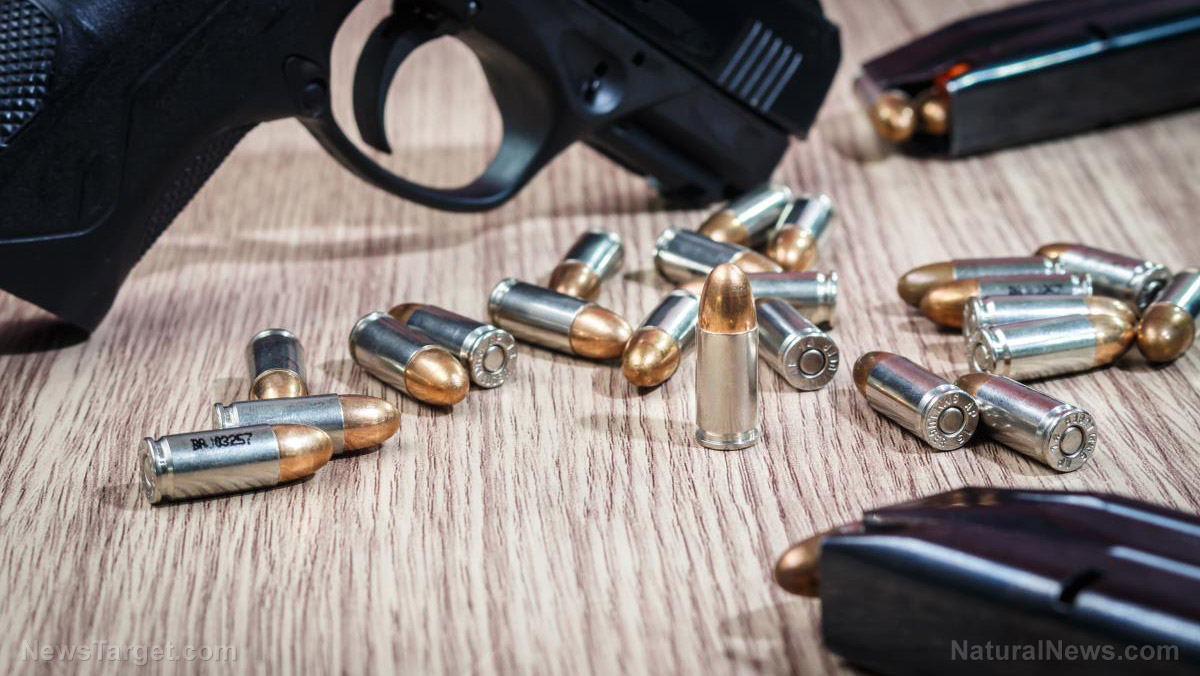
The Illinois Supreme Court has unanimously declared Cook County's taxes on firearms and ammunition to be null and void because they “directly burden" a law-abiding citizens' right to buy guns for self-defense in a case that has been making its way through the court system since shortly after the county placed a tax on ammunition in 2015.
The ammunition tax amounted to 5 cents per cartridge for the centerfire ammunition that is used in handguns, shotguns and rifles and 1 cent per cartridge for the rimfire ammunition used in sports shooting and small game hunting; those who fail to pay the tax face fines starting at $1,000. The ammo tax came just two years after the county enacted a firearm tax ordinance that imposed a $25 tax on firearm purchases from retailers in Cook County. Both taxes were at the center of this case in a lawsuit that was filed against the county by the trade group Guns Save Life on the grounds that it was a violation of the Second Amendment.
Illinois Supreme Court Justice Mary Jane Theis wrote in an opinion for the 6-0 decision that the firearm and ammunition tax ordinances were a violation of the constitution's uniformity clause. She added: “While the taxes do not directly burden a law-abiding citizen’s right to use a firearm for self-defense, they do directly burden a law-abiding citizen’s right to acquire a firearm and the necessary ammunition for self-defense.”
Moreover, she pointed out that nothing in these ordinances states that the revenue that is generated from the firearm and ammunition taxes must be directed to any specific program or fund that curbs the cost of gun violence.
Therefore, the tax ordinances are considered unconstitutional under the uniformity clause, which states that “in any law classifying the subjects or objects of non-property taxes or fees, the classes shall be reasonable and the subjects and objects within each class shall be taxed uniformly.” The state Supreme Court felt that these taxes violate that part of the Illinois constitution because “the relationship between the tax classification and the use of the tax proceeds is not sufficiently tied to the stated objective of ameliorating those costs.”
Some justices are concerned that ruling does not go far enough
Although the ruling is a positive move from a Second Amendment standpoint, it is worth noting that it does leave room for a municipality to enact a tax in the future aimed at gun and ammo sales that is more specifically targeted at ameliorating gun violence, as Justice Michael J. Burke pointed out in his concurring opinion. The county could well file another case after revising how they spend these tax revenues.
It is not immediately clear how this decision will impact taxes there. A spokesperson said that the county was disappointed by the decision and would be meeting with legal counsel to determine how to proceed.
The total gun tax revenue in 2020 in Cook County exceeded $1.9 million in a 56 percent rise over the previous year as more people bought guns in response to the global pandemic and the widespread unrest in the wake of the George Floyd protests.
The news came just a day after a Pennsylvania Supreme Court decision that paves the way for challenges to local gun control laws there that have been put in place in violation of the state’s firearm preemption law.
Sources for this article include:
Please contact us for more information.














